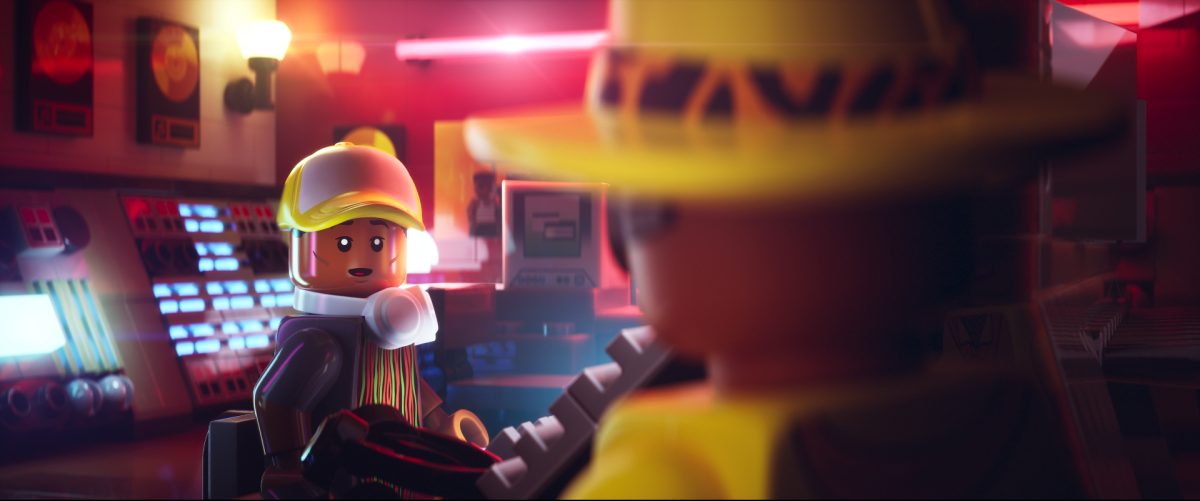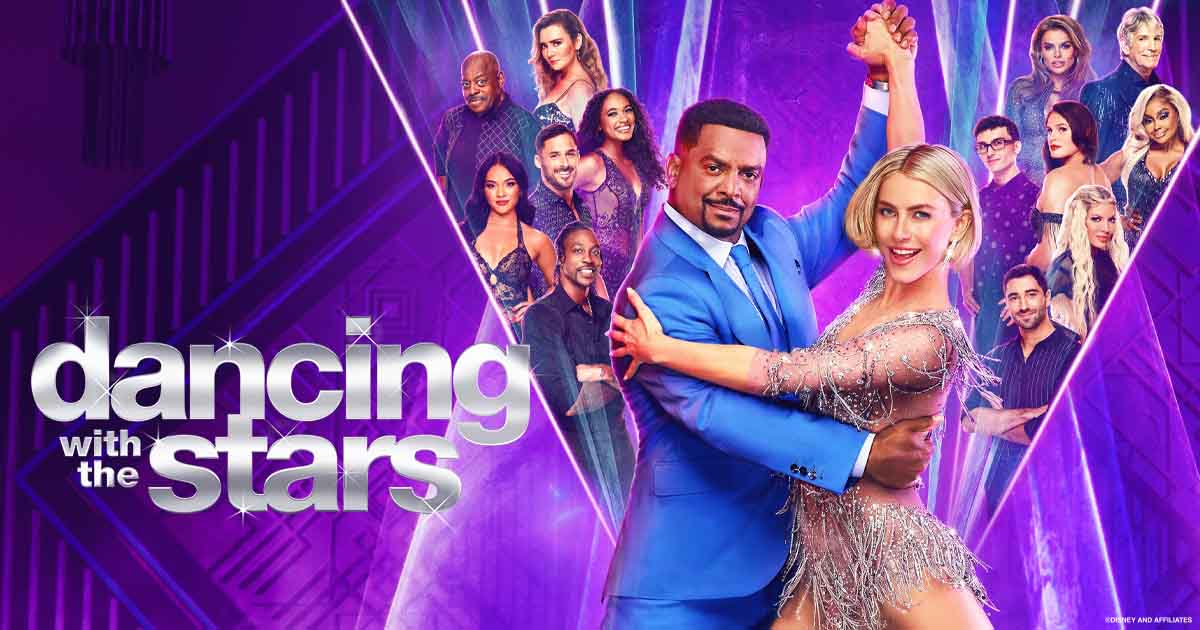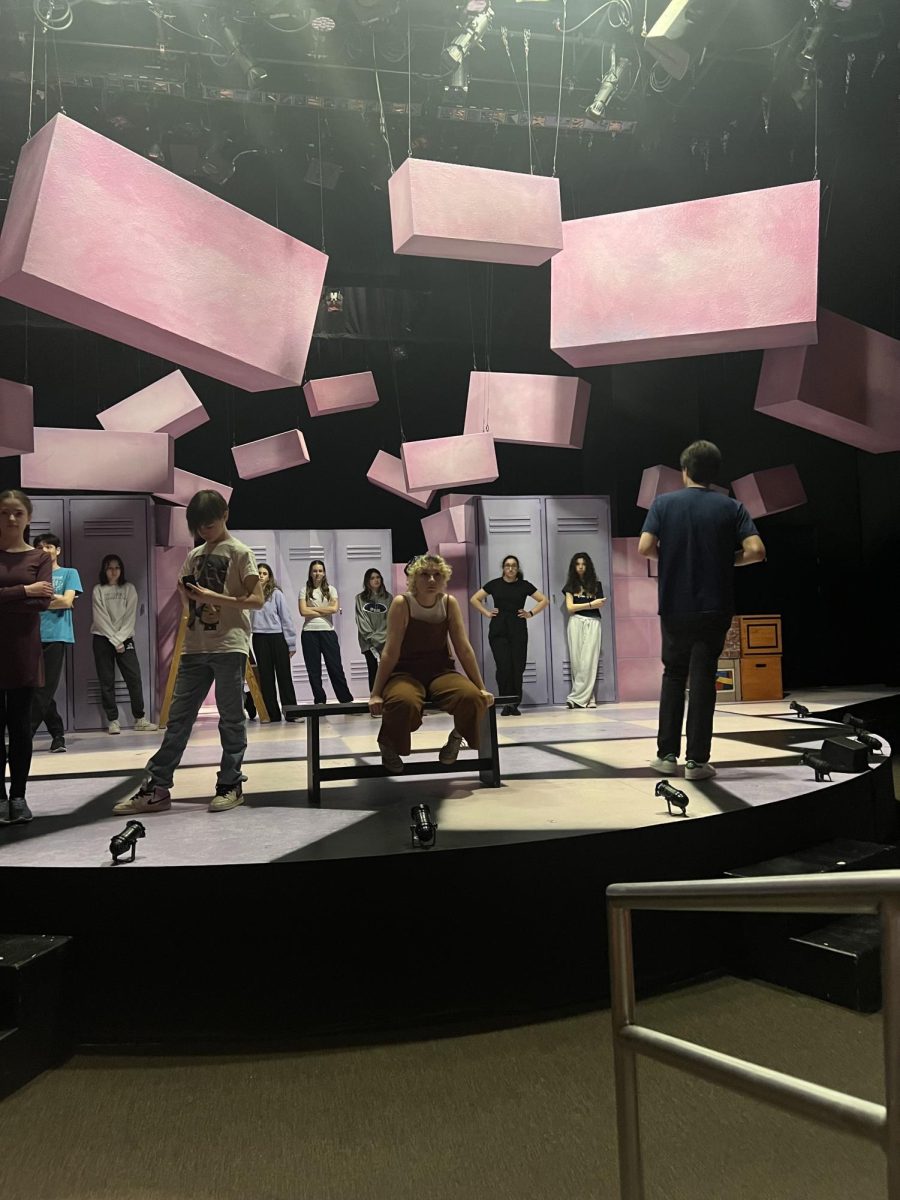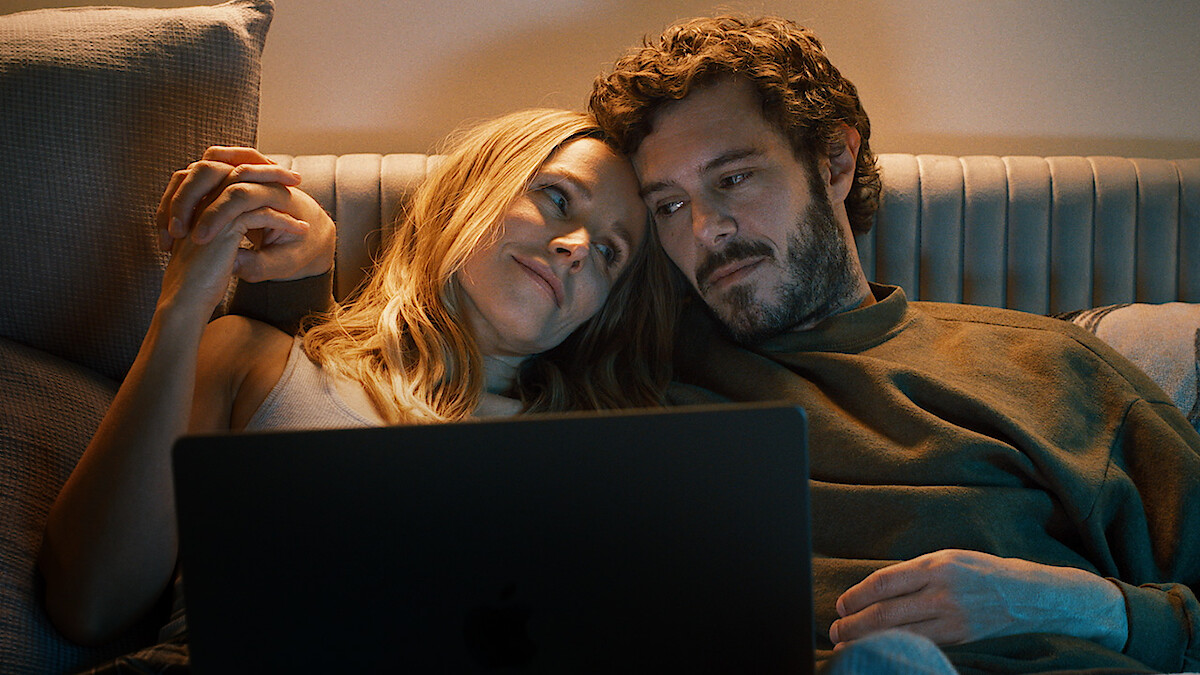Keeping up with Kanye
April 11, 2022
“I miss the old Kanye…I hate the new Kanye,” are likely lyrics you have heard from Kanye West’s popular song “I Love Kanye.” These lyrics are truly applicable to the star’s life, as many fans have turned against him due to his controversial opinions and actions on social media. His Netflix documentary, “jeen-yuhs: A Kanye Trilogy,” not only refutes these fans’ opinions but also plunges into West’s ambition to succeed as a rapper, his turbulent battle with bipolar disorder, his complex interpersonal relationships and friendships and struggle with addiction.
The parts of the trilogy are titled “VISION,” “PASSION” and “AWAKENING.” “VISION” focuses on West as a young producer desperately trying to get signed as a rapper. This part also focuses on his relationship with the director, Clarence “Coodie’’ Simmons, and how Simmons comes to the realization that his film skills could help kickstart West’s career. I found it interesting that this documentary has been in the works since 2002, allowing it to show West’s linear character growth.
The second part, “PASSION,” shows the rapper in a treacherous car crash that broke his jaw. It also includes the creation and release of one of his best works: his breakout album “The College Dropout.” This was my favorite act in the trilogy, as I felt connected to West and was genuinely rooting for him to succeed. While depressing at times, I liked how the act showed his highest-highs, such as winning multiple Grammys for his album, and his lowest-lows, such as his car crash putting his life and career at risk. I also enjoyed how “PASSION” went in-depth into all of West’s storylines and explained background details about his life.
The third part, “AWAKENING,” however, was a disappointment. It was more of a summary of the past 20 years of West’s life, as the act glossed over much of the rapper’s life including his marriage and children with Kim Kardashian as well as his feud with Taylor Swift. I found it weird that the act placed little to no focus on these crucial elements in West’s personal life and career. “AWAKENING” not only seemed confused and all over the place, but also rushed. I think that if this act focused more on specific elements in the rapper’s life, it would have been easier and more appealing to watch.
My favorite part of the documentary was the depiction of West’s relationship with his mother, Donda West. Donda was a constant support for Kanye and his biggest fan. Watching their relationship brought me joy. It was especially heartwarming to watch this after listening to his albums “Donda” and “Donda 2,” which were named after her.
“jeen-yuhs” handled West’s mental illness exceptionally, as the producers used it to allow its viewers to better understand West, rather than to make them pity him. “I already had the house and the wife and the kids … but have moments where I felt suicidal, still have moments where I’m addicted to Percocet without even realizing it,” West said in the docuseries. Hearing about the rapper’s struggles humanized him in a way and gave me more of an understanding of some of his radical outbreaks.
Even though I loved “jeen-yuhs,” it was a little strange to watch after being a longtime fan of “Keeping up with the Kardashians.” While I have seen West on the show and heard some about his childhood, the main focus of the show was the Kardashian sisters’ experiences. This is mainly because West shied away from the cameras, so it felt a little odd watching him in the spotlight.
All in all, “jeen-yuhs: A Kanye Trilogy” is worth the watch. “jeen-yuhs’s” candor and explanation for West’s radical actions made the trilogy inspiring and gave me more respect for him. It explores dark themes in the rapper’s life in an honest way, gives light on controversial situations and humanizes West. It is truly not one to miss.








